
World Bank targets expanded health services to 1.5 billion by 2030
Financing will be provided depending on a country’s unique needs and stage of development.
The World Bank Group announced its goal to support countries in delivering health services to 1.5 billion people by 2030 by promoting lifetime care, extending operations to remote areas, and working with governments to cut down fees in healthcare.
International Development Association (IDA) funding for countries most in need will allow healthcare workers into communities where people may otherwise have no access to services.
ALSO READ: SGH and NNI study reveals connection between scoliosis and brainstem
Meanwhile, International Bank for Reconstruction and Development (IBRD) funding will be deployed to middle-income countries to incentivise government investments in health and regulations.
“Providing a basic standard of care for people throughout their lives is critical for development,” Ajay Banga, World Bank Group president, said.
According to the group, around two billion experience financial hardship when paying for health services, with challenges such as climate change, pandemics, and a projected shortfall of 10 million healthcare workers by 2030 intensifying poverty and inequality.

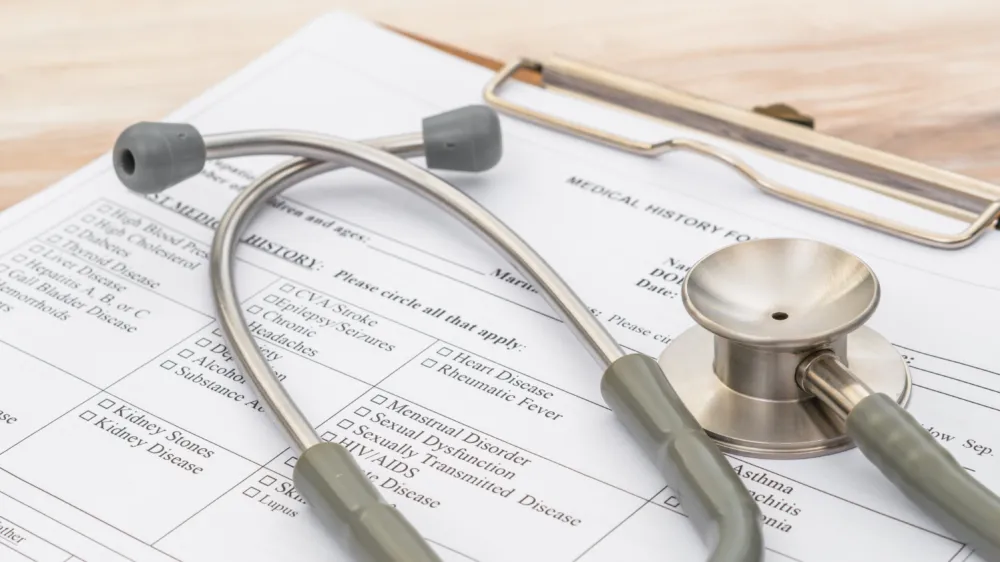
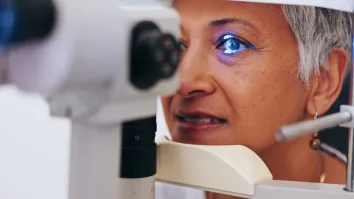
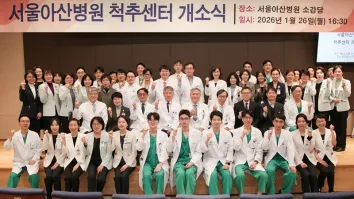
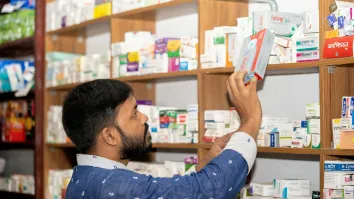
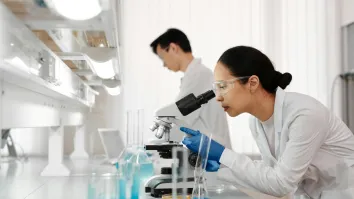













 Advertise
Advertise







